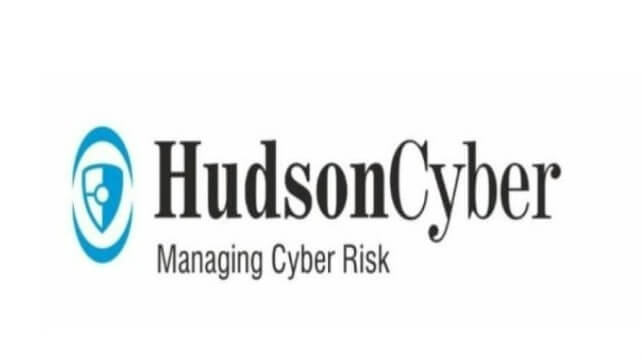
The National Maritime Law Enforcement Academy (NMLEA) has selected HudsonCyber’s innovative cyber risk management program, PortLogixTM, to drive organizational cybersecurity resilience in its recently launched port digitalization and accreditation initiative. Unique in the maritime industry, PortLogix enables cybersecurity self-assessment, program management, dynamic investment and resource planning, real-time trend analysis, and long-term benchmarking.
Launched in early 2021, PortLogix has since served a wide range of port authorities, terminal operators, and port community systems around the world. Part of its success lies in the fact that PortLogix integrates the cybersecurity best practices and standards published by NIST, ISO and ENISA and seamlessly harmonizes them with national and IMO regulatory requirements. Significantly, PortLogix’s maturity-model approach and vendor-agnostic recommendations have also been embraced by many leading global insurance brokerages and underwriters to support the evolving cybersecurity insurance market in the global maritime industry.
As the maritime industry rapidly digitalizes, the physical and cyber threat landscapes are increasingly overlapping. To address the growing threat to the maritime sector, the NMLEA has launched its Maritime Security Accreditation and Digitization Program (“MARSEC ADaPt”) to establish a baseline pre-requisite standard that will enhance and drive maritime security readiness and resiliency. The program will integrate asset digitalization capabilities with maritime security vulnerability assessments, training, exercises, and cybersecurity.
As part of its MARSEC ADaPt implementation, the Tampa Port Authority d/b/a Port Tampa Bay successfully completed its PortLogix implementation this past May. After engaging and committing to the cybersecurity assessment process, Ken Washington, Chief Information Officer and Mark Dubina, Vice President of Security at Port Tampa Bay, expressed their enthusiasm and strong support for the PortLogix evaluation and assessment process.
NMLEA founded MARSEC ADaPt on the core capabilities of two key organizations: ARES Security and HudsonCyber. ARES Security drives the accreditation initiative by digitizing critical maritime infrastructure, known as Digital Twins, and offering digital data to optimize security risk management, vulnerability analysis, and security training functions. HudsonCyber drives cybersecurity resilience through its award-winning platform, port-tailored platform PortLogix.
“Ports will benefit through a reduction in annual costs associated with ongoing Maritime Transportation Security Act (MTSA) regulatory compliance,” said NMLEA Executive Director Mark DuPont. “Through the NMLEA MARSEC ADaPt Program, ports will be able to implement a nationally-recognized baseline standard for maritime security – a standard that has not previously been established.”
“Advancements in maritime digitalization are accelerating and have broad security implementations for today’s ports and port terminal operators. It makes data security a top concern for port executives,” added Max Bobys, vice president of HudsonCyber. “Through in-depth multi-stakeholder engagement, we’re able to not only assess a port’s overall cybersecurity capabilities, we’re also able to drive cross-functional cybersecurity awareness and from there facilitate consensus-driven buy-in regarding prioritization and resource allocation decision-making. And that ultimately drives organization wide cultural change, improved accountability, and board level engagement.”
Source: https://www.maritime-executive.com/index.php/corporate/hudsoncyber-portlogix-selected-as-cybersecurity-core-of-marsec-program